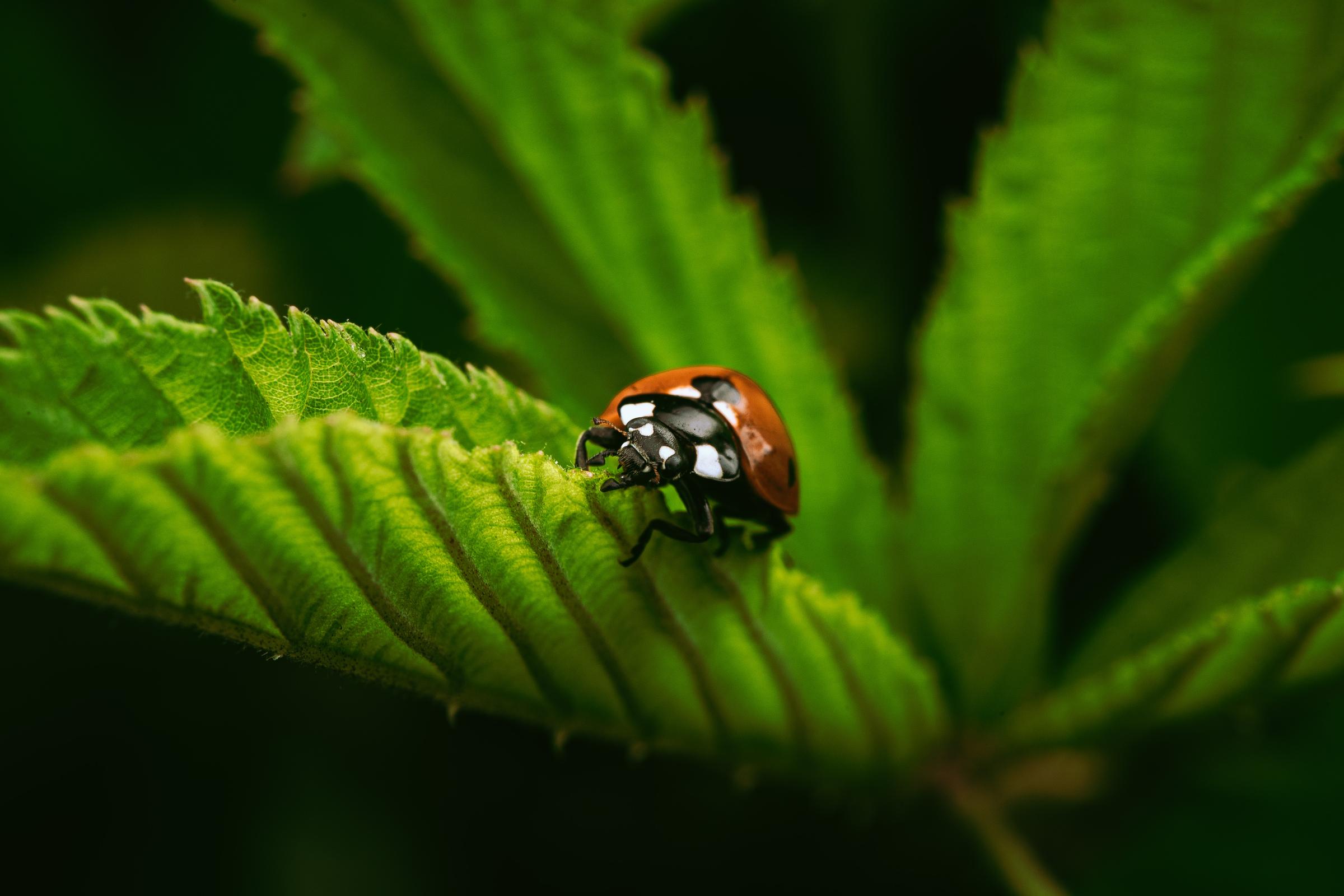Biology

Purpose and Structure
Biology is the study of living organisms, of life processes, and of the different levels of organisation from the cell to the biosphere. It includes the study of interactions of organisms and environment. It considers the unity and continuity of life as well as diversity and change. Students are encouraged to reflect on God’s purposes for and the wonder of creation. In the light of the student’s developing Christian faith, current issues in Biology and the scientific worldview are considered.
Unit 1: How do organisms regulate their function?
In this unit students examine the cell as the structural and functional unit of life, from the single cell to the multicellular organism, including the requirements for sustaining cellular processes. Students focus on cell growth, replacement and death and the role of stem cells in differentiation, specialisation and renewal of cells. They explore how systems function through cell specialisation in vascular plants and animals and consider the role homeostatic mechanisms play in maintaining an animal’s internal environment.
Unit 2: How does inheritance impact on diversity?
In this unit students explore reproduction and the transmission of biological information from generation to generation and the impact this has on species diversity. They apply their understanding of chromosomes to explain the process of meiosis. Students consider how the relationship between genes, the environment and epigenetic factors influence phenotypic expression. They explain the inheritance of characteristics, analyse patterns of inheritance, interpret pedigree charts and predict outcomes of genetic crosses.
Unit 3: How do cells maintain life?
In this unit students investigate the workings of the cell from several perspectives. They explore the relationship between nucleic acids and proteins as key molecules in cellular processes. Students analyse the structure and function of nucleic acids as information molecules, gene structure and expression in prokaryotic and eukaryotic cells and proteins as a diverse group of functional molecules. They examine the biological consequences of manipulating the DNA molecule and applying biotechnologies.
Unit 4: How does life change and respond to challenges?
In this unit students consider the continual change and challenges to which life on Earth has been, and continues to be, subjected to. They study the human immune system and the interactions between its components to provide immunity to a specific pathogen. Students consider how the application of biological knowledge can be used to respond to bioethical issues and challenges related to disease.
A student-designed scientific investigation related to cellular processes and/or responses to challenges over time is undertaken in Unit 3 and/or Unit 4.
